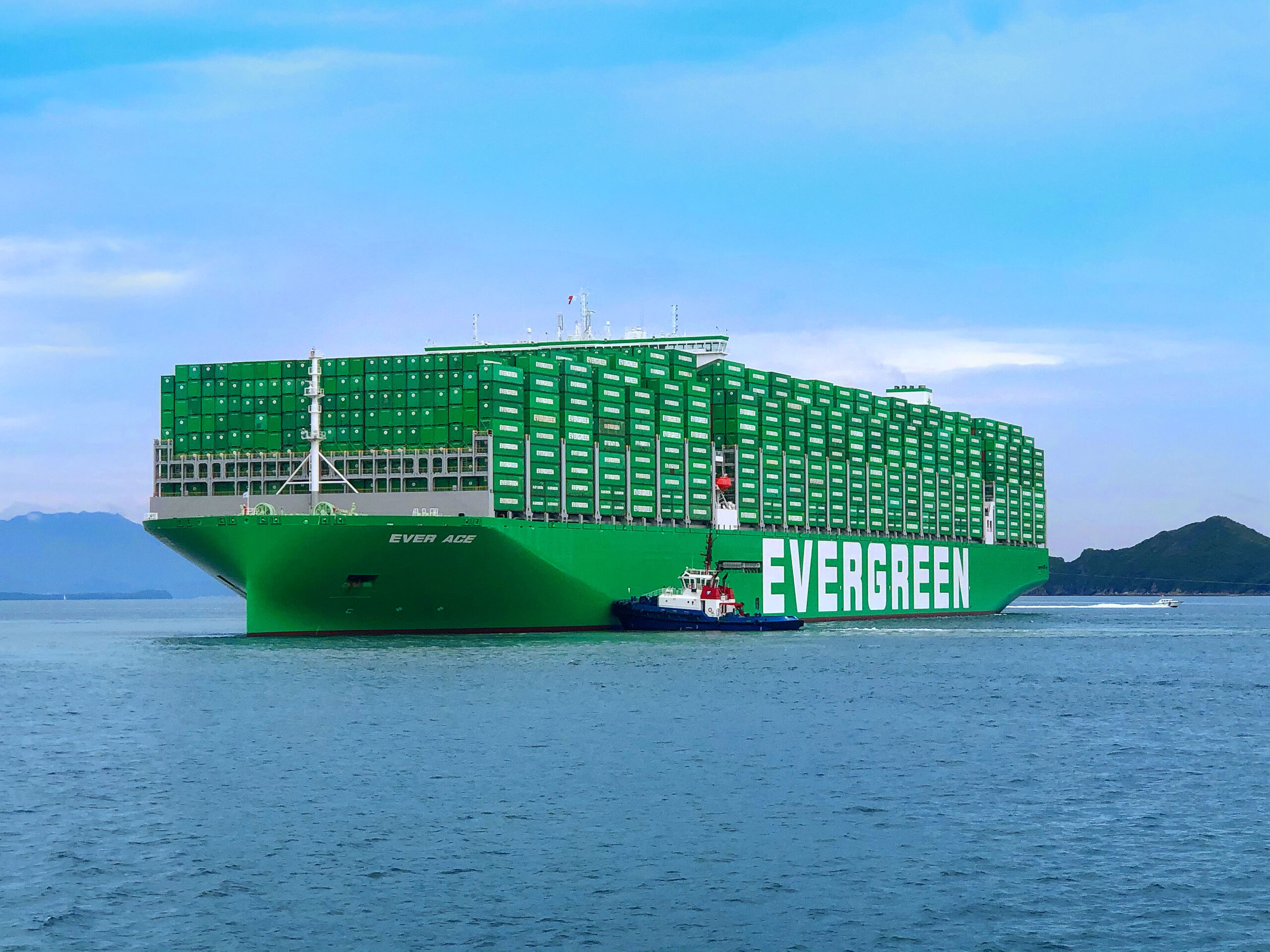I’ve worked with supply chain management and logistics for more than 15 years. And during this time, people have often asked me what constitutes good logistics. Mostly because they want to know how to improve their own supply chain. So I decided it was time to share my thoughts on the matter. And hopefully this article will offer some insight and help you improve your own supply chain.
So, what is good logistics?
In an ideal world, your shipments would arrive instantaneously, cost next to nothing and be 100% reliable. Preferably without having any impact on the environment whatsoever. However, when reality kicks in you will realise that there will always be a trade-off. At the end of the day, you’re going to have to decide what matters most to you and your company in terms of cost, speed, reliability and sustainability.
What questions should I ask myself, as a transportation manager, before planning a logistics chain?
What is the first thing you should do before planning a logistics chain? My advice here is to start by taking a step back to examine your entire supply chain. Because it’s hard to successfully streamline one process without seeing how that might impact all of the related processes.
The next step involves asking yourself what your main objectives are. What is it you want to achieve? Take a really good look at your goals, design a business strategy that will help you to achieve those goals and then set up your logistics chain around that.
Pinpointing your main logistics priority is key to improving your supply chain
This is where those parameters of cost, speed and reliability come into play. Use them as your starting point when planning the logistics chain and ask yourself which of them is most important to you. Regardless of whether cost, speed or reliability is your main priority, don’t forget to take sustainability into account. Reducing your environmental impact is not only crucial for the planet, it’s also important for your business.
A good way to pinpoint your logistics priority is by imagining that you’re balancing those parameters on a three-dimensional weighing scale. Depending on whether you choose the fastest shipment, the cheapest shipment or the highest quality shipment as your main priority, that choice will affect the other two.
For example, if you want the fastest transportation, then start looking at air shipments. Or perhaps you already know that you aren’t going to be the fastest, so be the most sustainable! And start looking into the most sustainable transportation options, like sea shipping and rail cargo.
If price is your main logistics priority, then look beyond the direct costs
One common mistake companies make when planning logistics, is placing too much focus on direct costs, i.e. the actual transportation costs. Whereas, in this industry, it’s the potential indirect costs you need to look out for.
Say you work in the retail industry, for example. You’ve been planning your range of holiday season articles for months. You’ve spent a hefty proportion of your marketing budget on pre-Christmas television ads and direct marketing. And you’re relying on the sales revenues from those goods to cover your investments. Imagine the financial impact of your shipment not arriving on time, just because you wanted to save a few quid on your initial transportation cost. I imagine it would be slightly more of a challenge selling Christmas jumpers at full price in January.
Streamline your supply chain processes by looking at the bigger picture
At the end of the day, you have to look at the bigger picture to find your priorities. The above scenario, for example, demonstrates that reliability of service and delivery precision are particularly important in the retail industry around certain dates.
Whenever I discuss supply chains, planning and streamlining logistics with customers, I often talk to them about this. It’s all about pinpointing your logistics priority and working everything else around it.
Every single day, I get to help customers achieve their supply chain goals
Being a supply chain specialist at Greencarrier Freight Services means that, every single day, I get to help customers identify their logistics priority, see the bigger picture and achieve their supply chain goals. If you’re looking for help planning, reviewing or streamlining your logistics chain, I’d love to hear from you. Please don’t hesitate to give me a call or drop me an email.
I hope you found this article helpful and if you’d like to read more about logistics and supply chain planning, then I warmly recommend these other articles on the Greencarrier blog: 3 simple steps for avoiding unnecessary costs and delays in your logistics supply chain, Logistics performance is in the eye of the beholder and Digitalisation and IT in the logistics industry.




